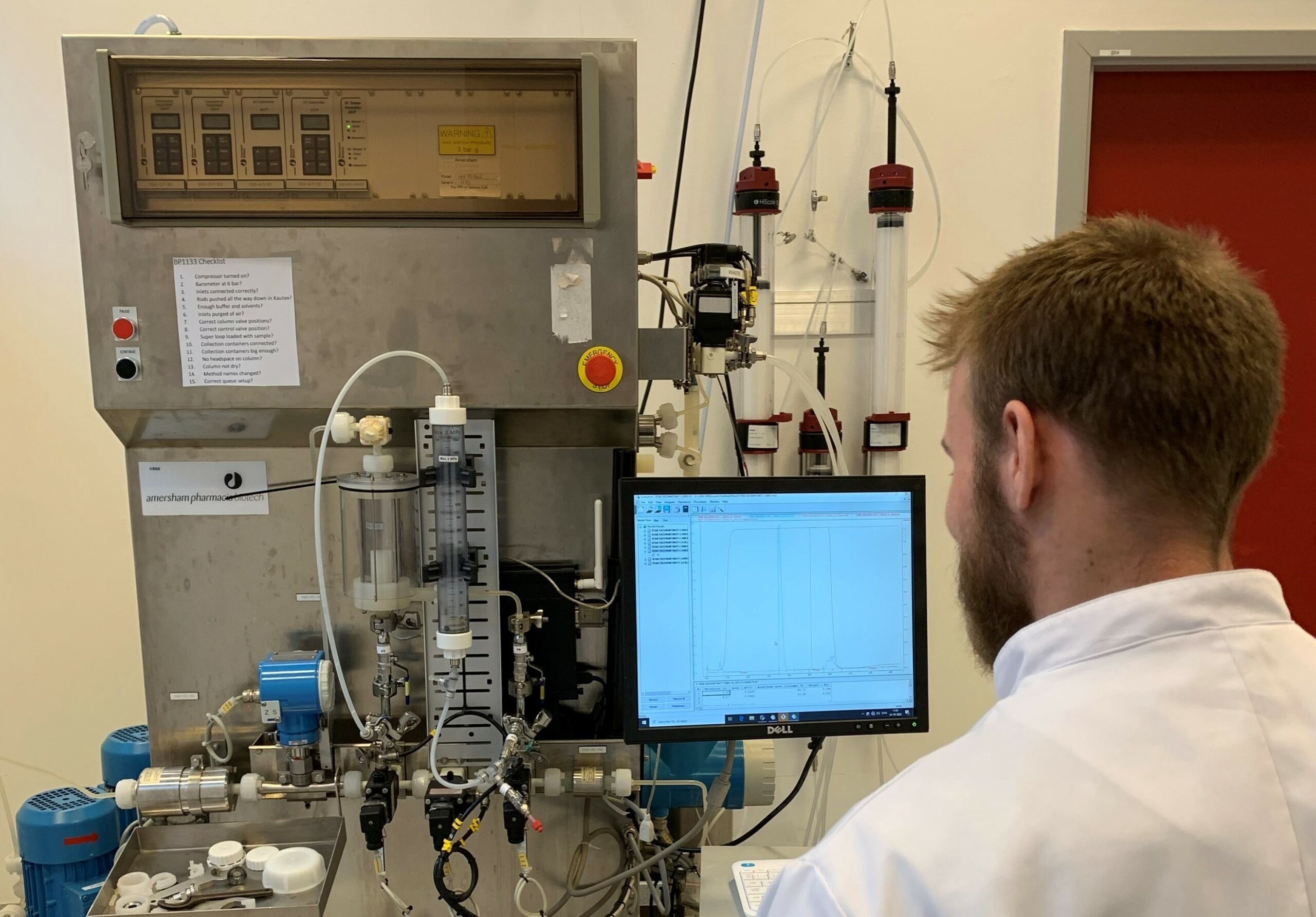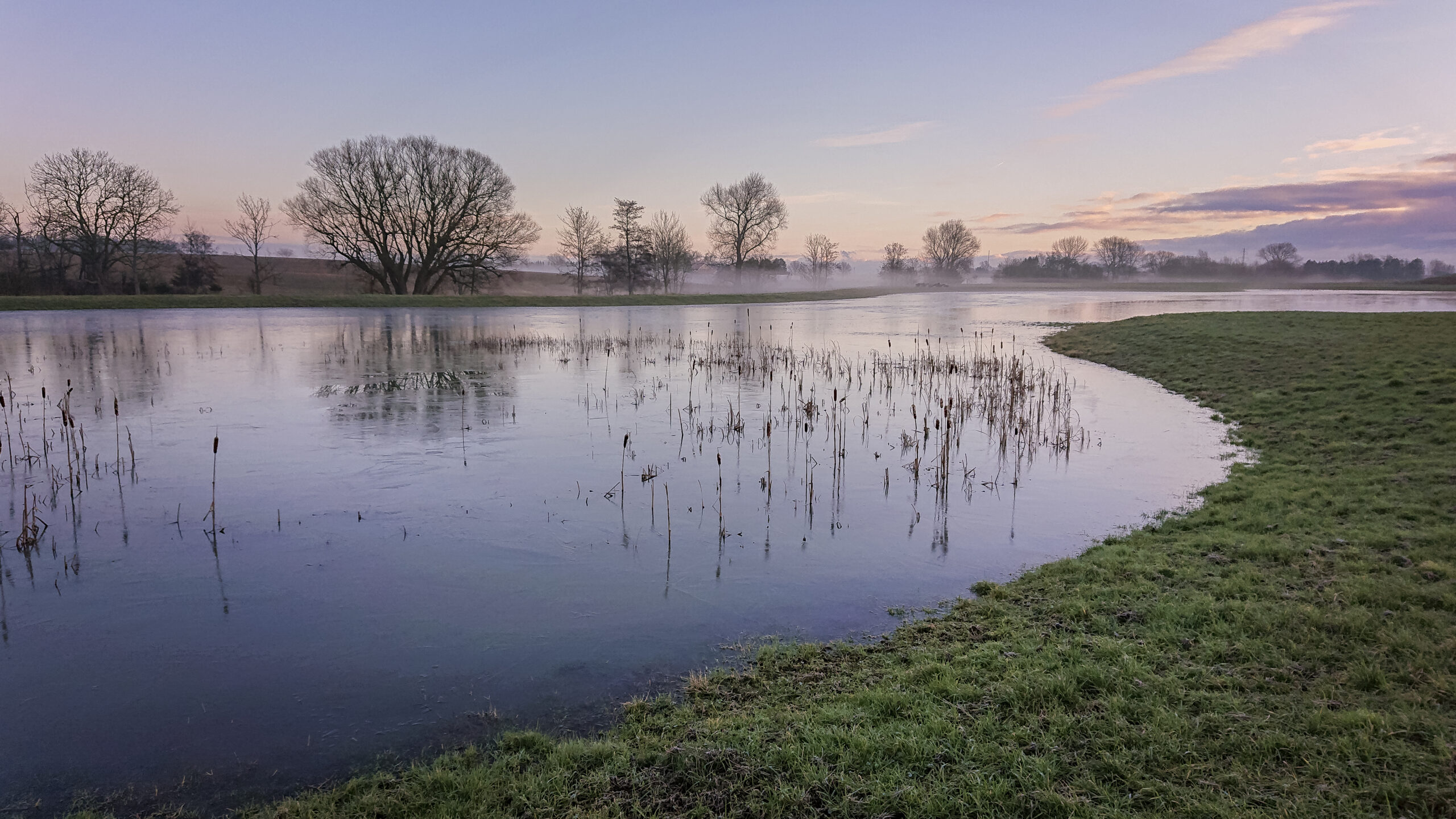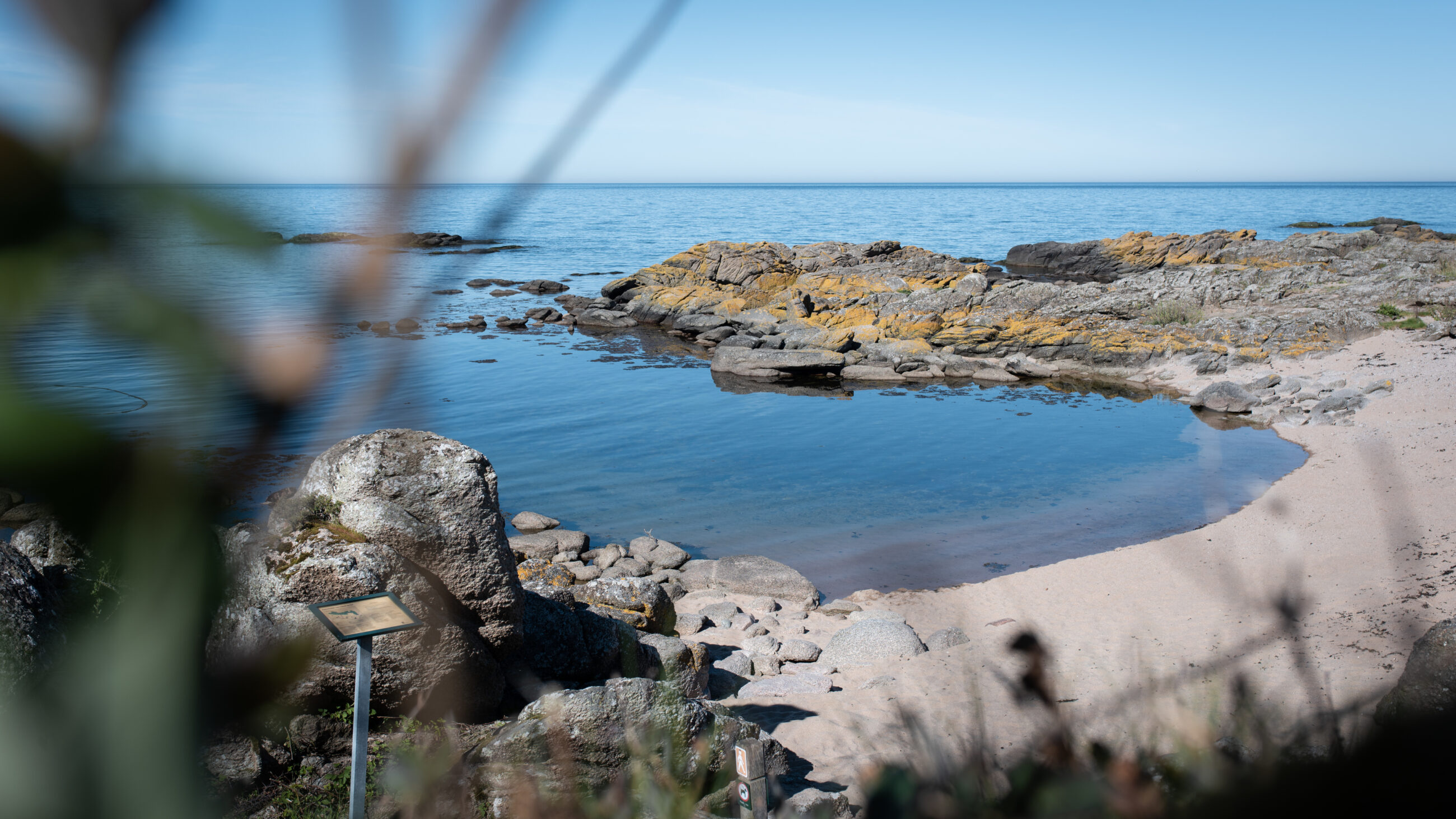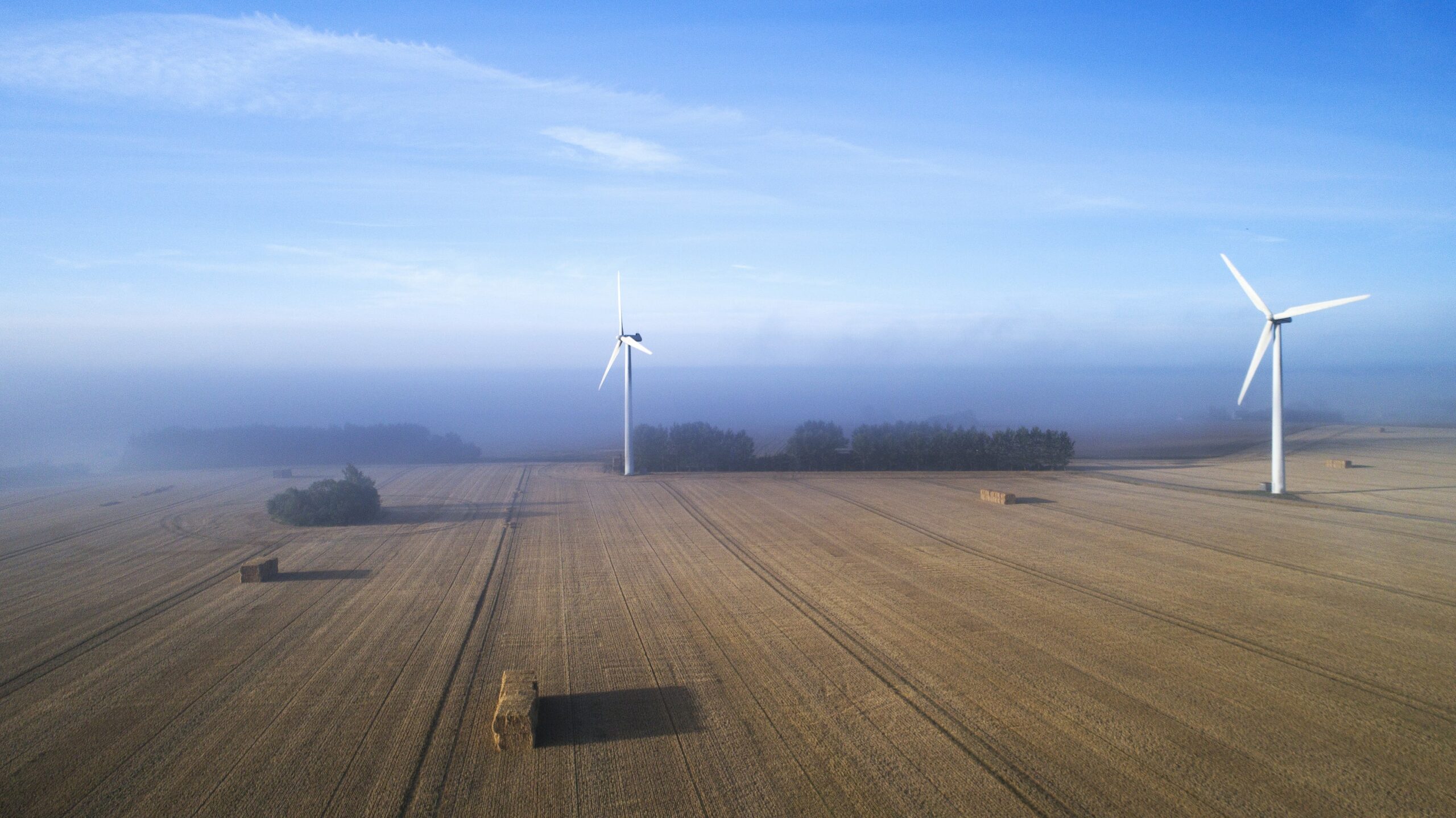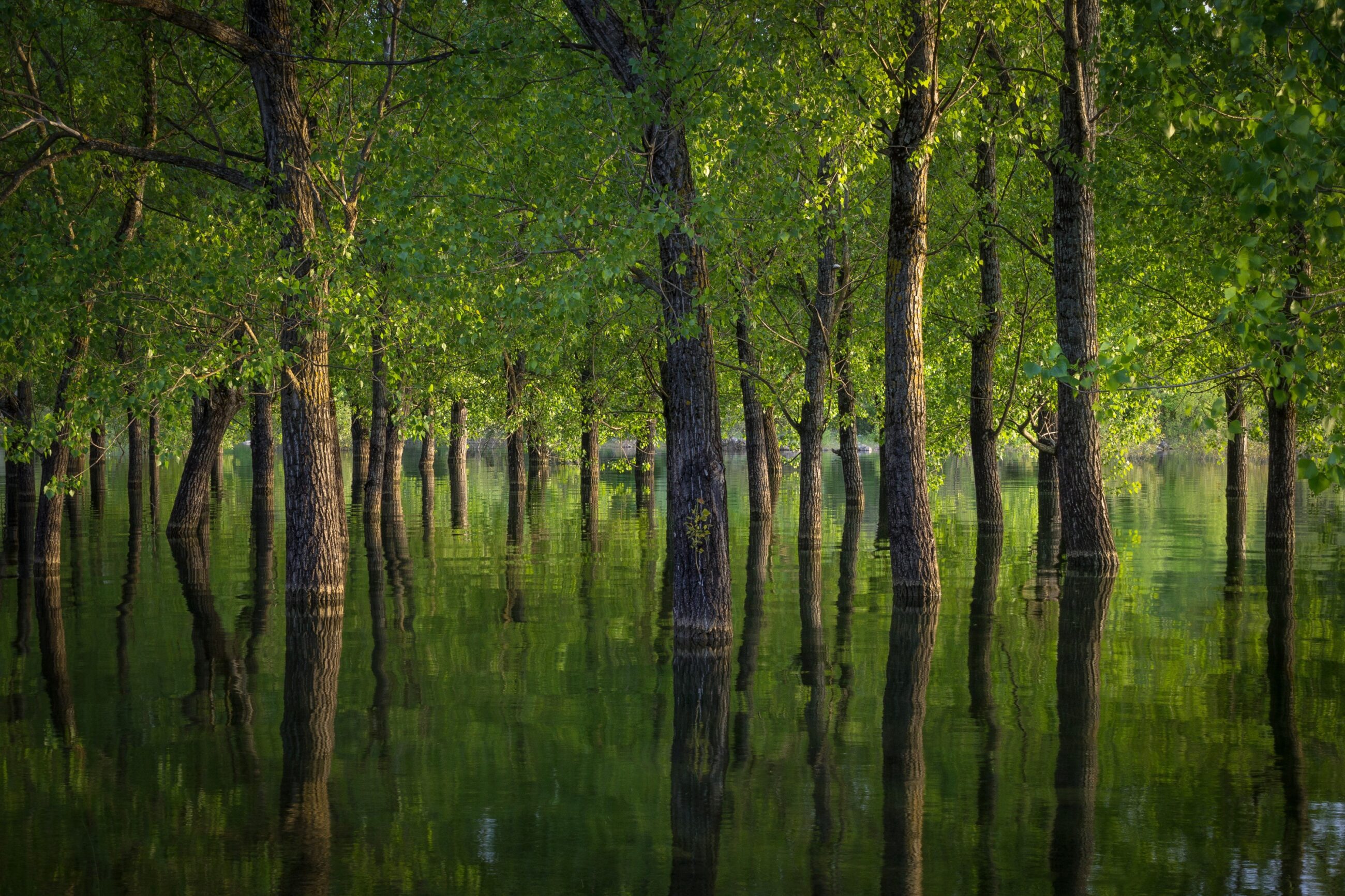News
Recycling of waste to material
From Piss to Pilsner – introducing the Pisner beer


Don’t worry, there is obviously no urine in the beer. But we have used it as fertiliser, as farmers have done it for hundreds of years. The only difference is that the fertiliser was collected from humans at the largest music festival in Northern Europe, Roskilde Festival near Copenhagen, and not from cows or pigs.
In 2015, the Danish Agriculture and Food Council collected 54.000 litres of urine from festival attendees at the Roskilde Festival. In the spring of 2016, the urine was used as fertiliser, which resulted in 11 tons of malting barley. Now, we are ready for the project to come full circle and brew a beer.
- Related news: From Festival Pee to Festival Beer
- Just as we have seen shops sell goods that would otherwise have been thrown out , Beercycling allows us to recycle a product that is normally flushed down the drain. When it comes to circular economy, Danish farmers are some of the best in the world. If you can brew a beer with urine as fertiliser, you can recycle almost anything, says Karen Hækkerup, CEO at the Danish Agriculture and Food Council.
The Danish Agriculture and Food Council is collaborating with Nørrebro Bryghus to brew 60.000 bottles of the Pisner beer.
Henrik Vang, the Executive Director at Nørrebro Bryghus, is excited to work with the DAFC:
- We want to be a part of the Beercycling project partly due to the story it has already told, but also because it is interesting to partake in a project, which addresses the challenges of sustainability and circular economy. Basically, it is a cool project, says Henrik Vang, Executive Director at Nørrebro Bryghus.
The brewing process started in the end of March and the public will be able to taste the finished product in June 2017.
For more information please contact:
Head of Press at the Danish Agriculture and Food Council, Søren Andersen, + 45 21567011
